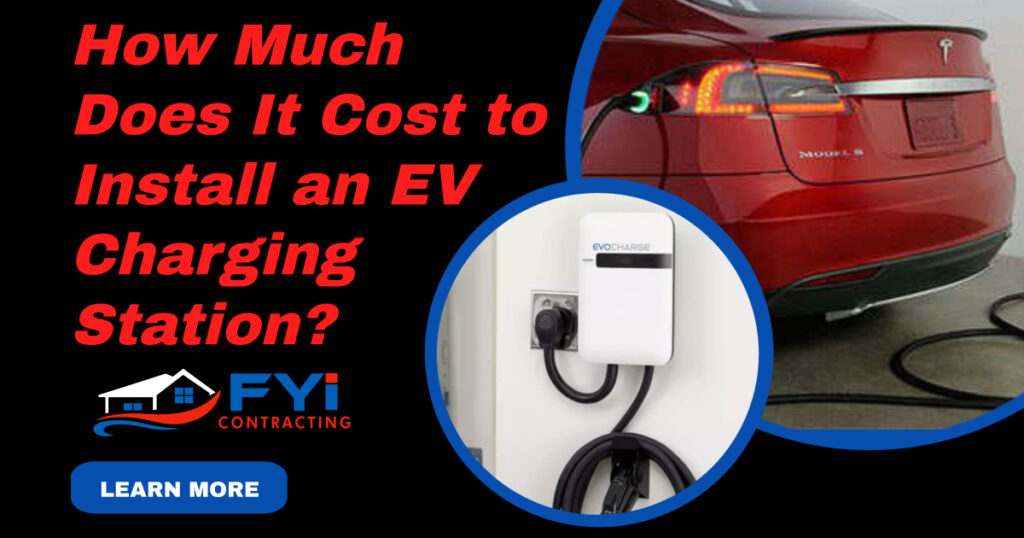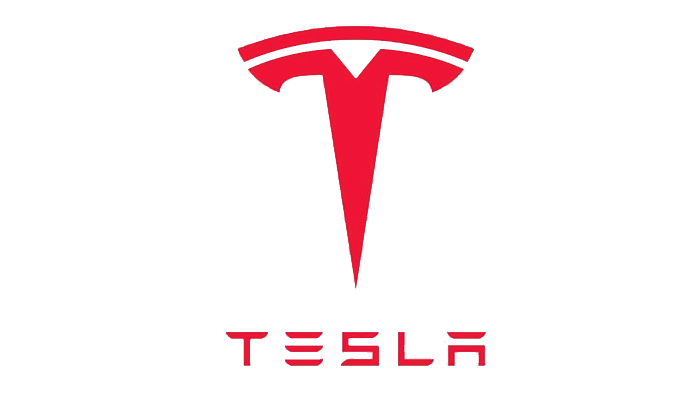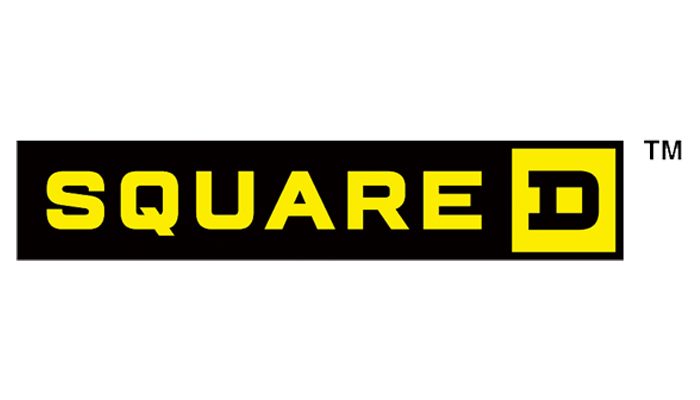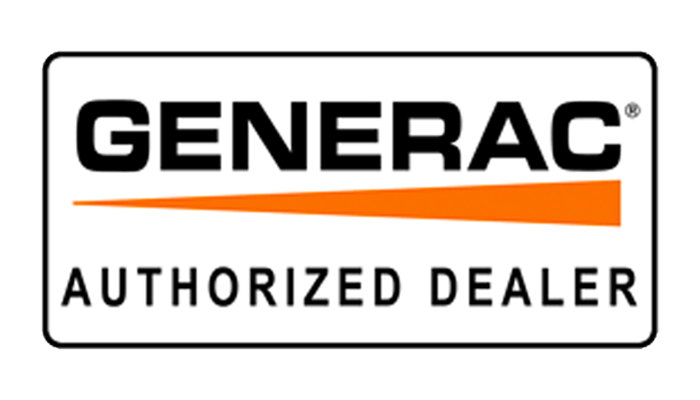With the increasing popularity of electric vehicles (EVs), the demand for EV charging stations is on the rise. As more people make the switch to electric cars, understanding how much it cost to install an EV charging station becomes crucial for homeowners, businesses, and municipalities. We’re aiming to provide a comprehensive overview of the various factors that influence the cost of installing an EV charging station, ensuring that you have all the information needed to make an informed decision.
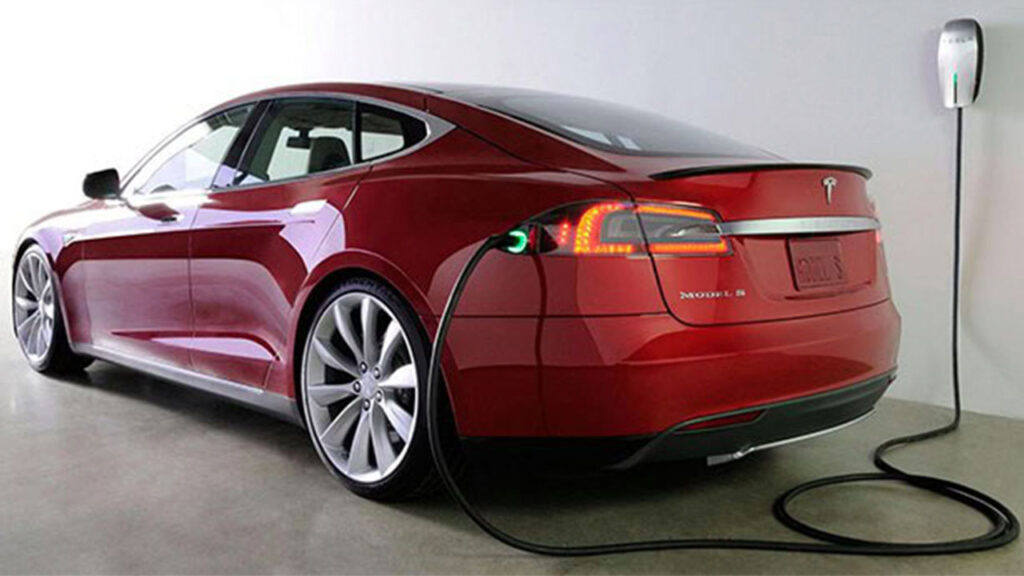
Types of EV Charging Stations
Before delving into the cost to install an EV charging station, it’s essential to understand the different types available available:
- Level 1 EV Charging Stations
- Voltage: 120V
- Charging Speed: Adds 2-5 miles of range per hour
- Use Case: Ideal for home use with overnight charging
- Cost: Typically the least expensive option. Costs can range from $300 to $600 for the equipment, with minimal installation costs if a dedicated 120V outlet is already available.
- Level 2 EV Charging Stations
- Voltage: 240V
- Charging Speed: Adds 10-60 miles of range per hour
- Use Case: Suitable for both residential and commercial properties
- Cost: More expensive than Level 1 but offers faster charging. Equipment costs range from $500 to $2,500. Installation costs can add another $300 to $1,500, depending on the complexity of the installation.
- DC Fast EV Charging Stations (Level 3)
- Voltage: 480V
- Charging Speed: Adds 60-100 miles of range in 20 minutes
- Use Case: Ideal for commercial and public charging stations
- Cost: Significantly higher than Level 1 and Level 2, due to advanced technology and infrastructure requirements. Equipment costs range from $10,000 to $40,000 or more. Installation costs can vary widely, typically ranging from $20,000 to $50,000 due to the need for substantial electrical upgrades and infrastructure.
The standard Wall Connector for Tesla offers 44 miles of range per hour.
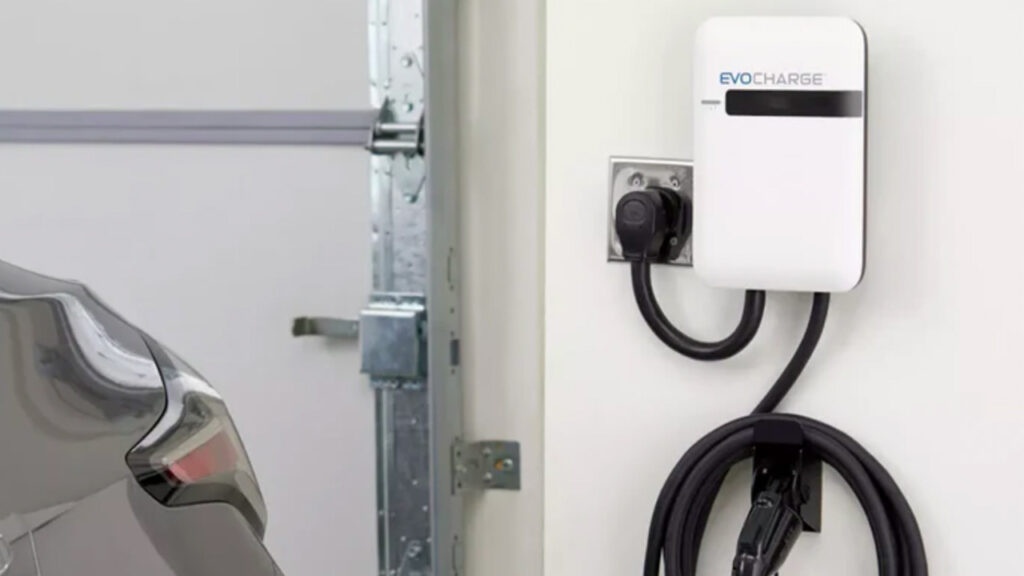
Factors Influencing Installation Costs
Several factors can influence how much it cost of install an EV charging station. These factors include the type of charger, location, electrical capacity, and additional features. Let’s break down these factors:
Location of Charger Installations
- Residential Installation: Usually less expensive, especially for Level 1 and Level 2 chargers. Installation in a garage or driveway with existing electrical wiring can keep costs lower.
- Commercial Installation: Often more costly due to the need for higher capacity chargers and potential electrical upgrades. Public spaces may also require additional permits and site preparation.
- Public Charging Stations: These installations are typically the most expensive, particularly for DC fast chargers, due to the need for robust infrastructure, multiple units, and compliance with public accessibility standards.
Electrical Capacity and Upgrades
- Existing Electrical Infrastructure: If your existing electrical panel has enough capacity to support the additional load, installation costs will be lower.
- Upgrading Electrical Panels: In some cases, an electrical panel upgrade might be necessary, which can cost anywhere from $1,000 to $3,000.
- Trenching and Conduit: For outdoor installations, especially those far from the main building or electrical source, trenching and laying conduit can add significant costs, ranging from $50 to $100 per foot.
Permits and Inspection Fees
- Permits: Depending on your local regulations, you may need to obtain permits for electrical work. Permit costs can range from $50 to $500.
- Inspections: After installation, an inspection may be required to ensure safety and compliance with local codes. Inspection fees vary by location but typically cost between $100 and $300.
Additional Features
- Smart Chargers: Chargers with Wi-Fi connectivity and smart features, such as app control and energy monitoring, can cost more. These features can add $200 to $500 to the overall cost.
- Mounting and Cable Management: Wall-mounted units or units with retractable cables can also add to the cost, ranging from $100 to $300.
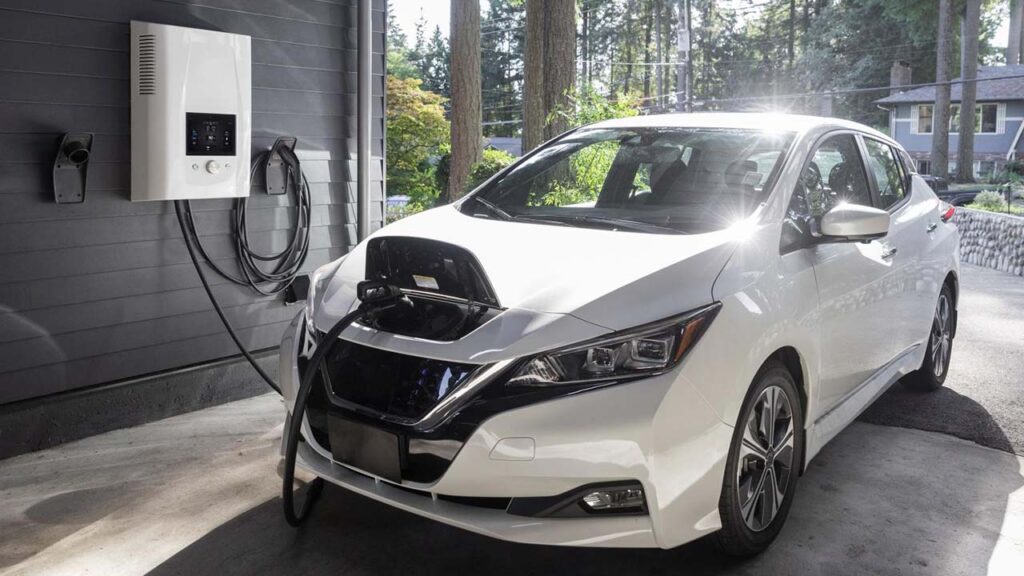
Average Cost of Installation Estimates
Given the various factors, here are some average cost estimates for installing different types of EV charging stations:
- Level 1 Charging Station
- Total Cost: $300 – $600 (equipment) + $0 – $500 (installation) = $300 – $1,100
- Level 2 Charging Station
- Total Cost: $500 – $2,500 (equipment) + $300 – $1,500 (installation) = $800 – $4,000
- DC Fast Charging Station
- Total Cost: $10,000 – $40,000 (equipment) + $20,000 – $50,000 (installation) = $30,000 – $90,000
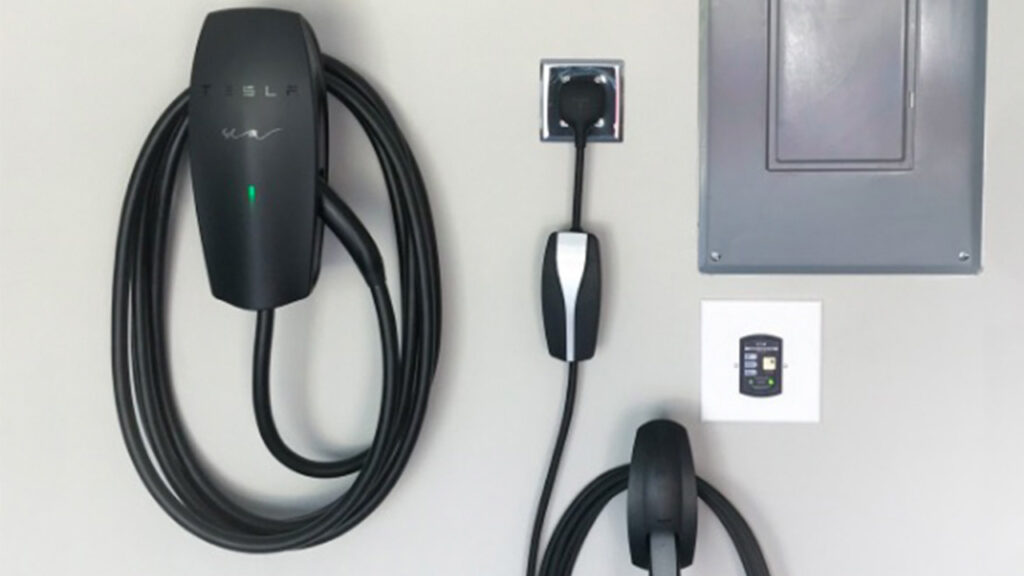
EV Charger Station Cost-Saving Tips
- Check for Incentives and Rebates: Many governments and utility companies offer incentives, rebates, and tax credits for installing EV charging stations. These can significantly reduce the overall cost.
- Choose the Right Charger: Assess your needs carefully. A Level 1 charger might be sufficient for home use, while businesses might benefit more from Level 2 or DC fast chargers.
- Hire a Qualified Electrician: Ensure that you hire a licensed and experienced electrician to avoid costly mistakes and ensure the installation meets all safety standards.
- Bundle Installations: If installing multiple chargers, bundling the installation work can reduce the per-unit cost.
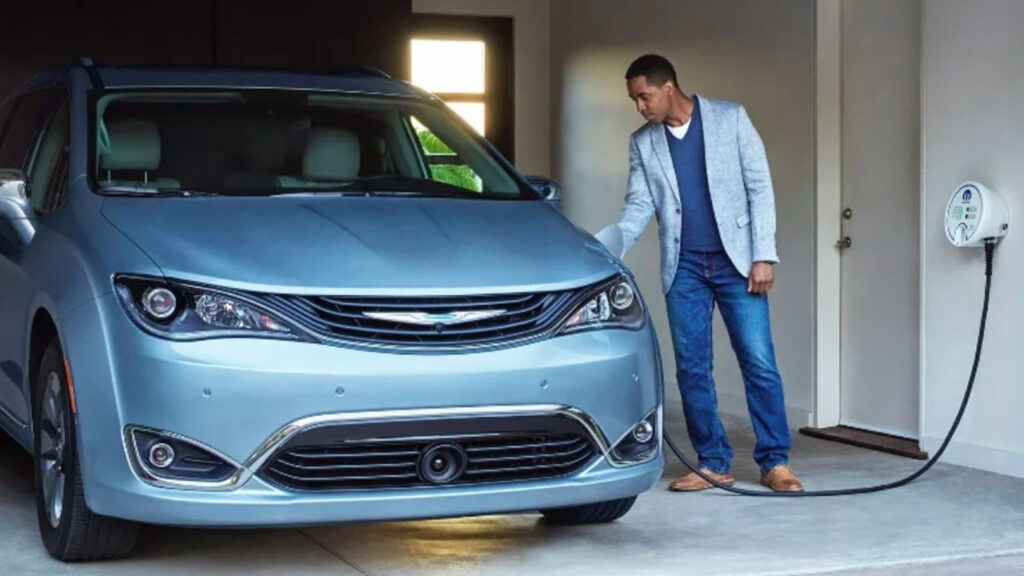
When you install an EV charging station, you’ve made a valuable investment that will enhance the convenience and efficiency of owning an electric vehicle. The cost can vary widely based on the type of charger, location, electrical infrastructure, and additional features. By understanding these factors and exploring available incentives, you can make a well-informed decision that suits your needs and budget.
Whether you’re a homeowner looking to add a charging station in your garage or a business owner aiming to attract EV-driving customers, the right planning and preparation can ensure a smooth and cost-effective installation process. As the adoption of electric vehicles continues to grow, installing an EV charging station is not just a forward-thinking move but also a step towards a more sustainable future.


